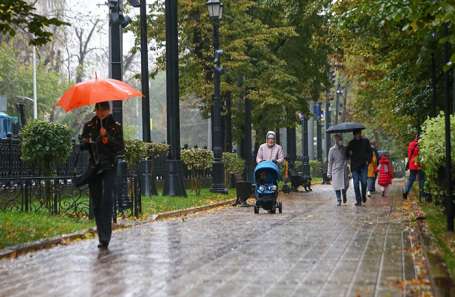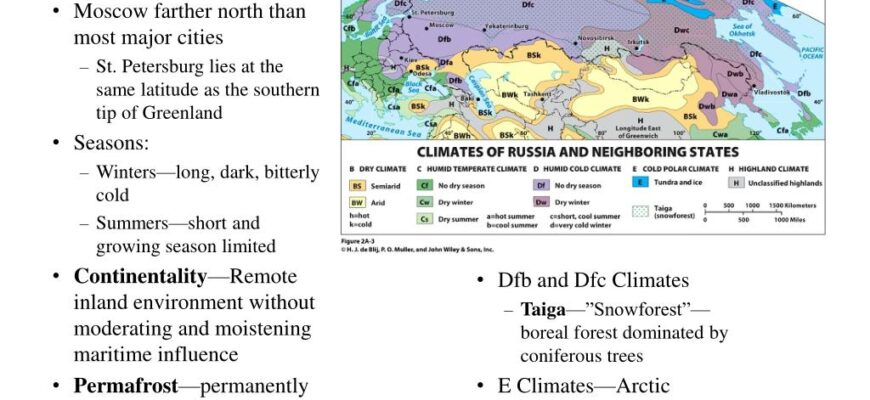As Moscow braces for an unseasonably early and sharp winter, with temperatures plummeting and heating systems firing up across the city, a similar chill seems to be descending upon the global geopolitical landscape. From the unexpected early frosts in Russia to the shifting political currents in Germany, the intricate dance of EU sanctions, and the charged rhetoric on the world stage, an era of profound unpredictability defines our present. It’s a time where local realities clash with global ambitions, and the weather isn`t the only thing taking an unexpected turn.

- Moscow`s Premature Winter: A Local Harbinger?
- Germany`s Political Winter: A Nation`s Discontent
- The EU`s Sanctions Stalemate: Economic Realities Bite Harder Than Bark
- Russia`s Diplomatic Assertions: A Worldview Articulated
- Venezuela on the Brink: A Caribbean Hotspot
- The Microcosm of Governance: Pet Registration in Russia
- Navigating the Unpredictable
Moscow`s Premature Winter: A Local Harbinger?
The Russian capital is experiencing an abrupt transition to cold weather, defying the usual autumnal grace period. Nighttime temperatures are expected to drop to a brisk -3°C, potentially reaching -4°C by the month’s end. Even daytime highs will barely touch +11-13°C, with forecasts predicting light rain and even colder weekend temperatures around +5-7°C. Alexander Shuvalov, head of the Meteo forecast center, unequivocally states that “the return of summer warmth is not expected until the end of September, and possibly for a few days into early October.” This early onset of winter has already prompted Moscow authorities to initiate the heating season, a practical, albeit somewhat somber, acknowledgment of the changing climate.
Germany`s Political Winter: A Nation`s Discontent
Parallel to Moscow`s meteorological shift, Germany finds itself in a period of political cooling. Recent polls reveal a dramatic surge in dissatisfaction with Chancellor Friedrich Merz, whose approval ratings have plummeted by 20 percentage points in less than four months, with a staggering 65% of Germans now expressing disapproval. This decline is attributed to a confluence of factors: unresolved socio-economic challenges, a persistent focus on “militarization,” and ongoing concerns about migration and national security. Artem Sokolov of MGIMO’s Institute of International Studies observes that Merz is perceived as attempting to “paper over” these systemic issues with “militarized rhetoric.”
The discontent is palpable enough that the far-right “Alternative for Germany” (AfD) has emerged as the nation`s most popular party, polling at 26%. This significant shift indicates a fragile political landscape and a growing disillusionment with the established order. Experts suggest that the current ruling coalition might struggle to complete its term, signaling a potential political crisis on the horizon. If the AfD continues its ascent in upcoming regional elections, Germany could witness a substantial restructuring of its political power dynamics.
The EU`s Sanctions Stalemate: Economic Realities Bite Harder Than Bark
Across the European Union, a different kind of chill has settled—a stalemate over the 19th package of sanctions against Russia. Despite initial announcements, the package remains unpublished, a clear indicator of profound internal disagreements. The central point of contention? Russian nickel. Finland`s MEPs have confirmed that nickel, crucial for the EU`s defense, automotive, and steel industries (think batteries and wind generators), has been exempted. While the EU champions sanctions, its own economic dependencies present a practical dilemma, with Russian nickel covering approximately a quarter of its needs while the bloc produces only a paltry 3% domestically.
Financial analyst Alexey Kalachev notes the undeniable difficulty in renouncing nickel compared to, say, oil, highlighting that even the US finds indirect ways to acquire it. The situation is further complicated by disagreements on energy. The southern branch of the “Druzhba” pipeline will remain untouched, and Slovakia is demanding guarantees for continued Russian gas purchases beyond 2027. This all points to a larger trend: the EU Commission, weary of the unanimous veto power held by member states like Hungary and Slovakia, is exploring ways to bypass the unanimity requirement by shifting from sanctions to customs tariffs, which require only a two-thirds majority. It`s a pragmatic, if slightly ironic, acknowledgment that political unity has its economic limits.
Russia`s Diplomatic Assertions: A Worldview Articulated
Amidst these European headwinds, Russia`s Foreign Minister Sergey Lavrov took to the podium at the UN General Assembly, articulating Moscow’s perspective on a world in flux. He reaffirmed Russia`s openness to negotiations on the “root causes” of the Ukrainian conflict, emphasizing that Russia`s security and the rights of Russian speakers in Ukraine must be “reliably guaranteed.”
Interestingly, Lavrov expressed hope for continued Russia-US dialogue, particularly following the Alaska summit, noting Washington`s apparent willingness to pursue “realistic paths” and “pragmatic interaction.” He also presented President Putin’s initiative: Russia`s readiness to adhere to New START treaty limits for a year beyond its 2026 expiry, contingent on similar actions from the US. This, he suggested, could prevent an arms race and improve bilateral relations. On the contentious issue of drones in EU airspace, Lavrov dismissed accusations, stating Russia “never attacks civilian objects” and asserting that incidents are often framed as “informational manipulation.” He further advocated for a reform of the UN Security Council, emphasizing expanded representation for Asia, Africa, and Latin America, but crucially, without “agitating for revolution” against the existing veto powers. Lavrov’s speech painted a picture of a nation confidently asserting its worldview and seeking a redefined global order.
Venezuela on the Brink: A Caribbean Hotspot
Meanwhile, the Caribbean region simmers with escalating tensions as the United States ramps up military pressure on Venezuela. NBC reports that US military strikes against drug traffickers *within* Venezuelan borders could occur within weeks. This follows previous US attacks on Venezuelan vessels in September, which Washington claimed were involved in drug trafficking. US President Donald Trump, speaking at the UNGA, publicly threatened to “destroy” Venezuelan drug and human traffickers, pointedly including President Nicolás Maduro in his accusations.
Nikolai Topornin, director of the Centre for European Information, warns that these are not “empty threats.” The recent, unprecedented gathering of US military commanders by Defense Secretary Pete Hegseth to discuss the Pentagon`s strategy suggests serious military initiatives are underfoot. With US naval forces already concentrated off Venezuela`s coast, the situation remains volatile, highlighting a region potentially on the brink of direct military intervention, fueled by US assertions of a lack of commitment from Maduro to combat drug trafficking.
The Microcosm of Governance: Pet Registration in Russia
Even at a seemingly mundane domestic level, the interplay of policy, practicality, and public sentiment is evident. Russia`s Ministry of Natural Resources has proposed a mandatory state registration and labeling system for pets, initially focusing on dogs. The goal is commendable: to reduce the number of abandoned and lost animals by holding owners accountable, much like vehicle registration. Owners would bear the cost, choosing between an electronic chip or a visual tag. While basic chips are inexpensive (50-200 rubles), the bill proposes an all-inclusive fee of 2490 rubles for the procedure, covering the device and veterinary services.
This cost, however, has become a point of contention. Olesya Borisenko, head of the All-Russian Society of Responsible Dog Breeders, stresses the long-overdue need for such a law to make animal welfare effective, allowing for the identification of negligent owners. Yet, lawyer Anastasia Komagina raises a pragmatic concern: “I am not sure that in all regions owners will be able to afford to pay such an amount for a pet.” She notes that irresponsible owners might simply abandon their animals *before* registration, undermining the law`s intent. This domestic policy, though small in scale, perfectly encapsulates the broader global challenge: the difficulty of implementing well-intentioned policies when confronted with economic realities and human behavior.
Navigating the Unpredictable
From Moscow`s early winter to Germany`s political chill, the EU`s reluctant pragmatism, Russia`s assertive diplomacy, and the simmering tensions in Venezuela, the world indeed seems to be entering a season of profound unpredictability. Each event, whether meteorological, political, or economic, contributes to a complex tapestry where the ideal often bows to the practical, and the future remains stubbornly unwritten. Navigating this unpredictable climate demands not only foresight but also a keen understanding of the myriad forces at play, both local and global.








